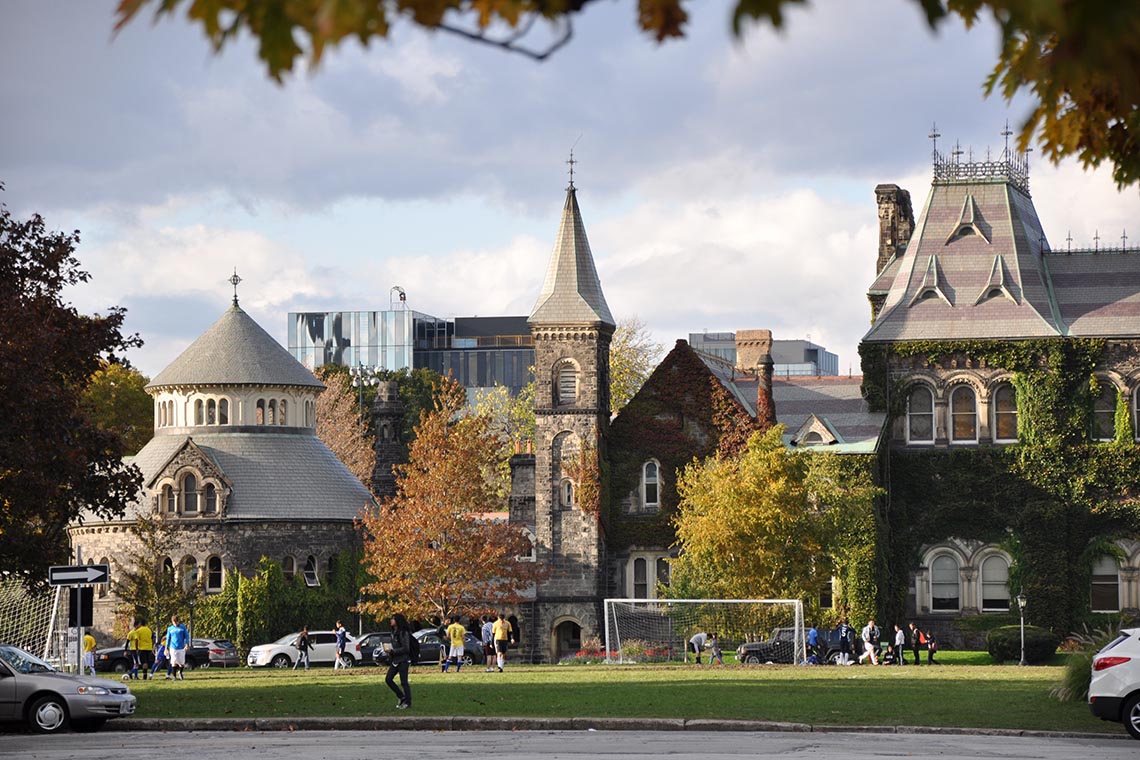 Though subject to varied emphases and disciplinary investments, Diaspora in contemporary thought involves an understanding of the shifting relations between homelands and host nations from the perspective of those who have moved, whether voluntarily or not. Diaspora emphasizes the inescapable lived experience of many migrant communities of negotiating forms of existence and self-understanding that are often translocal and exceed the boundaries of the nation-state. Questions of nostalgia, of the dynamics of co-ethnic identification, of the politics of homeland and host nation, and of the inter-generational shifts in responses to all these are central to studies of diaspora. Transnationalism, on the other hand, focuses on flows and counterflows and the multistriated connections they give rise to. It encompasses in its ambit not just the movement of people but also concepts of citizenship and multinational governance, the resources of information technology, and the realities of the global marketplace, among others. These multiple phenomena are then taken to exemplify the nature and intensities of the flows that shape the modern world. Taken together, the concepts of Diaspora and Transnationalism promise a broad understanding of the full spectrum of implications that derive from the reality of the vast movements of populations, goods, ideas, images, technologies, and finance in the world today.
Though subject to varied emphases and disciplinary investments, Diaspora in contemporary thought involves an understanding of the shifting relations between homelands and host nations from the perspective of those who have moved, whether voluntarily or not. Diaspora emphasizes the inescapable lived experience of many migrant communities of negotiating forms of existence and self-understanding that are often translocal and exceed the boundaries of the nation-state. Questions of nostalgia, of the dynamics of co-ethnic identification, of the politics of homeland and host nation, and of the inter-generational shifts in responses to all these are central to studies of diaspora. Transnationalism, on the other hand, focuses on flows and counterflows and the multistriated connections they give rise to. It encompasses in its ambit not just the movement of people but also concepts of citizenship and multinational governance, the resources of information technology, and the realities of the global marketplace, among others. These multiple phenomena are then taken to exemplify the nature and intensities of the flows that shape the modern world. Taken together, the concepts of Diaspora and Transnationalism promise a broad understanding of the full spectrum of implications that derive from the reality of the vast movements of populations, goods, ideas, images, technologies, and finance in the world today.
The Collaborative Master’s and Doctoral Program in Diaspora and Transnational Studies is designed to bring together both social science and humanities at perspectives at the graduate level to augment our already existing tri-campus undergraduate program and to contribute to increased research collaboration among participants in the program. It has been set up in response to popular demand by advanced students of the current DTS undergraduate program as well as the many expressions of interest from students keen on thorough graduate training in the field from within Canada and well beyond. The Collaborative Program is distinctive by being interdisciplinary as well as comparative. Whilst raising questions about diasporic communities in Canada, this is not be the primary focus of the Collaborative Program. Rather, the Canadian example is a means towards understanding the nature of diaspora and transnationalism elsewhere in North America, Europe, Asia, Africa, and the Global South.
Contact: Graduate Director Kevin O'Neill
kevin.oneill@utoronto.ca
COLLABORATING PROGRAMS AND DEGREES
Anthropology – MA, Msc, PhD
Cinema Studies – MA
Comparative Literature – MA, PhD
Criminology and Sociolegal Studies – MA, PhD
Drama, Theatre and Performance Studies – MA, PhD
English – MA, PhD
Geography – MA, MSc, PhD
German Literature, Culture and Theory – MA, PhD
History – MA, PhD
History of Art – MA, PhD
Near and Middle Eastern Civilizations – MA, PhD
Political Science – MA, PhD
Religion – MA, PhD
Slavic Languages and Literatures – MA, PhD
Sociology – MA, PhD
Social Justice Education (OISE) – MA, MEd, EdD, PhD
Spanish and Portuguese – MA, PhD
Women and Gender Studies – MA
SUPPORTING UNITS
MASTER’S LEVEL
Admission Requirements
-
Applicants are enrolled in a participating master’s degree program in the graduate unit in which the research is conducted, which is known as the participating home graduate unit. The applicant must meet the admission requirements of both the home graduate unit and the collaborative program.
Program Requirements
-
Students must meet all respective degree requirements of the School of Graduate Studies and the participating unit.
-
Students must meet the requirements of the collaborative program as follows:
-
0.5 full-course equivalent (FCE) seminar in Comparative Research Methods in Diaspora and Transnational Studies (DTS). As part of the Research Methods seminar, students are required to submit an ethnographic, archival, or documentary paper on a diasporic community in Toronto or elsewhere.
-
0.5 FCE DTS topics course (DTS 2000H, DTS 2001H or DTS 2002H); course themes to be decided each year by the collaborative specialization committee. The DTS collaborative components may be taken as electives for the purpose of satisfying home unit requirements.
-
If the student undertakes a major paper or thesis in their home unit, this will be on a topic in diaspora and transnational studies, approved by the collaborative specialization committee.
DOCTORAL LEVEL
Admission Requirements
-
Applicants shall be enrolled in a participating doctoral degree program in the graduate unit in which the research is conducted, which is known as the participating home graduate unit. The applicant shall meet the admission requirements of both the home graduate unit and the collaborative program.
-
Students who complete the Collaborative Program at the master’s level will not be eligible for the program at the doctoral level.
Program Requirements
-
Students must meet all respective degree requirements of the School of Graduate Studies and the participating unit.
-
Students must meet the requirements of the collaborative program as follows:
-
0.5 full-course equivalent (FCE) seminar in Comparative Research Methods in Diaspora and Transnational Studies (DTS). As part of the Research Methods seminar, students are required to submit an ethnographic, archival, or documentary paper on a diasporic community in Toronto or elsewhere.
-
0.5 FCE DTS topics course (DTS 2000H, DTS 2001H or DTS 2002H); course themes to be decided each year by the collaborative specialization committee. The DTS collaborative components may be taken as electives for the purpose of satisfying home unit requirements.
-
If the student undertakes a major paper or thesis in their home unit, this will be on a topic in diaspora and transnational studies, approved by the collaborative specialization committee.
APPLYING TO THE DTS COLLABORATIVE PROGRAM
Applications should contain the following:
-
CV
-
Academic transcript
-
Statement of scholarly interest (2 pages maximum)
-
Proof of admission to home department
Applications should be received by June 30, 2024 either via email to cdts@utoronto.ca or posted to:
Antonela Arhin, Ph.D.
Associate Director
Centre for Diaspora and Transnational Studies
Jackman Humanities Building
170 St George Street, room 230
Toronto, ON M5R 2M8
Canada
Please note that we accept applications to our collaborative graduate program on a rolling basis until the day before classes start.
Photograph by Diana Tyszko. Front Campus in Fall. © University of Toronto. All Rights Reserved.


